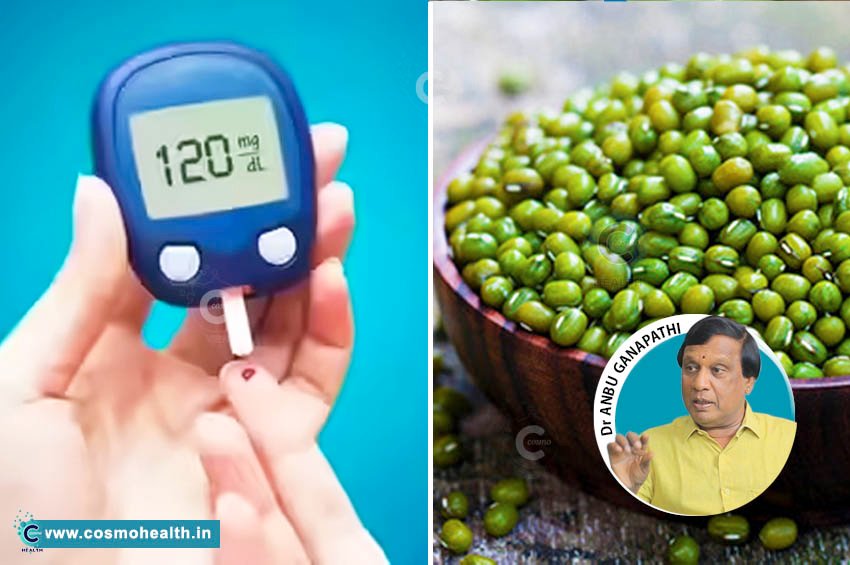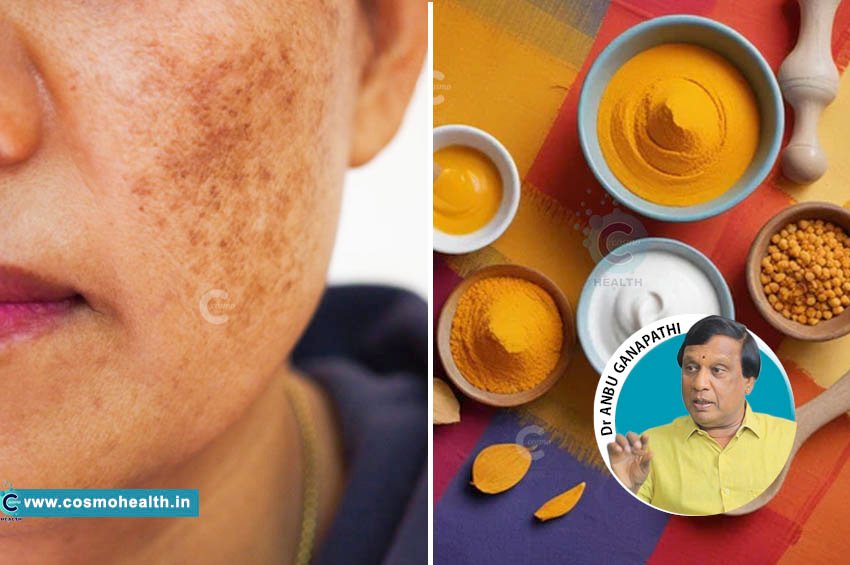Maintaining healthy blood sugar levels is vital, particularly for individuals battling diabetes. In this comprehensive guide, we will explore actionable tips, dietary recommendations, and lifestyle changes that can help you manage and even reverse diabetes effectively.
Diabetes is characterized by elevated blood sugar levels due to the body's inability to produce or effectively use insulin. This condition can lead to various health complications if left uncontrolled. It is crucial for individuals diagnosed with diabetes to seek methods that help them regain normal blood sugar levels.
What is Blood Sugar?
Blood sugar, or glucose, is the primary source of energy for the body's cells. It originates from the food we eat, particularly carbohydrates, which convert into glucose during digestion. Insulin, a hormone produced by the pancreas, regulates blood sugar levels by facilitating glucose uptake into cells for energy use.
The Importance of Reversing Diabetes
Many individuals assume diabetes is a permanent condition, but research indicates that it can be reversed through lifestyle, dietary, and even holistic approaches. This guide will offer insights into reversing diabetes safely and effectively, with tips from experts in the field.
Key Lifestyle Changes for Blood Sugar Management
1. Dietary Adjustments
Diet plays a crucial role in managing blood sugar levels. Consider the following dietary adjustments:
- Cutting Out Sugars: Avoid all forms of sugar, including natural sweeteners (honey, agave nectar) and processed sugars, which spike blood sugar levels.
- Limiting Carbohydrate-Rich Foods: Foods high in carbohydrates, such as white rice and bread, should be limited. Instead, opt for whole grains like quinoa and brown rice.
- Incorporating Low-Carb Alternatives: Consider incorporating millets and whole grains that offer lower carb options without sacrificing nutrition. Some options include:
- Kuthiraivali (Barnyard millet)
- Samai (Little millet)
- Ragi (Finger millet)
- Including Protein and Healthy Fats: Ensure your meals include protein from lentils, beans, or lean meats, along with healthy fats from nuts and seeds, which can help stabilize blood sugar levels.
2. Regular Physical Activity
Engaging in regular physical activity is critical for managing blood sugar levels.
- Daily Exercise: Aim for at least 30 minutes of moderate exercise daily. Activities may include brisk walking, yoga, or swimming.
- Strength Training: Incorporating resistance exercises two to three times a week can help improve insulin sensitivity and blood sugar control.
3. Avoiding Processed Foods
Processed foods typically contain added sugars, unhealthy fats, and preservatives that can negatively impact blood sugar levels. Emphasize whole, unprocessed foods as much as possible.
4. Monitoring Blood Sugar Levels
Regularly checking your blood sugar can help you track progress and identify how certain foods affect your glucose levels. Aim for testing before and after meals to observe trends.
Natural Remedies to Support Blood Sugar Control
Various herbs and natural remedies are known for their benefits in managing blood sugar levels:
- Fenugreek Seeds: Soaking fenugreek seeds overnight and consuming them in the morning can have a positive effect on blood glucose levels.
- Cinnamon: Incorporating cinnamon into your diet may help improve insulin sensitivity and lower blood sugar levels.
- Bitter Gourd: Drinking bitter gourd juice is often recommended for its potential blood sugar-lowering properties.
The Role of Traditional Practices
Incorporating traditional practices such as yoga and meditation can significantly contribute to overall well-being and stress management, which is equally essential for maintaining healthy blood sugar levels.
- Yoga: Certain yoga poses can help stimulate the pancreas and improve insulin function. Consider including invigorating flows of Asanas in your routine.
- Breathing Exercises: Techniques such as Pranayama can promote relaxation and decrease stress hormones that may lead to increased blood sugar levels.
Benefits of a Supportive Community
Engaging with a supportive community can inspire and motivate you towards your health journey. Consider joining support groups, either in-person or online, to share experiences and strategies with others on the same path.
Conclusion
Reversing diabetes and managing blood sugar is not a quick fix but rather a sustained lifestyle change. Incorporating dietary adjustments, regular physical activity, monitoring, and natural remedies can empower individuals to take control of their health.Take actionable steps today towards a healthier lifestyle - start by implementing one or two changes mentioned in this guide and gradually build upon them. Explore the synergistic effects of dietary changes and physical activity and witness the transformation in your blood sugar levels. Regularly consult with healthcare professionals to tailor a plan that is right for you and to monitor your progress effectively. For more in-depth strategies to lower blood sugar levels, check out relevant resources on effective dietary adjustments and exercise routines.





